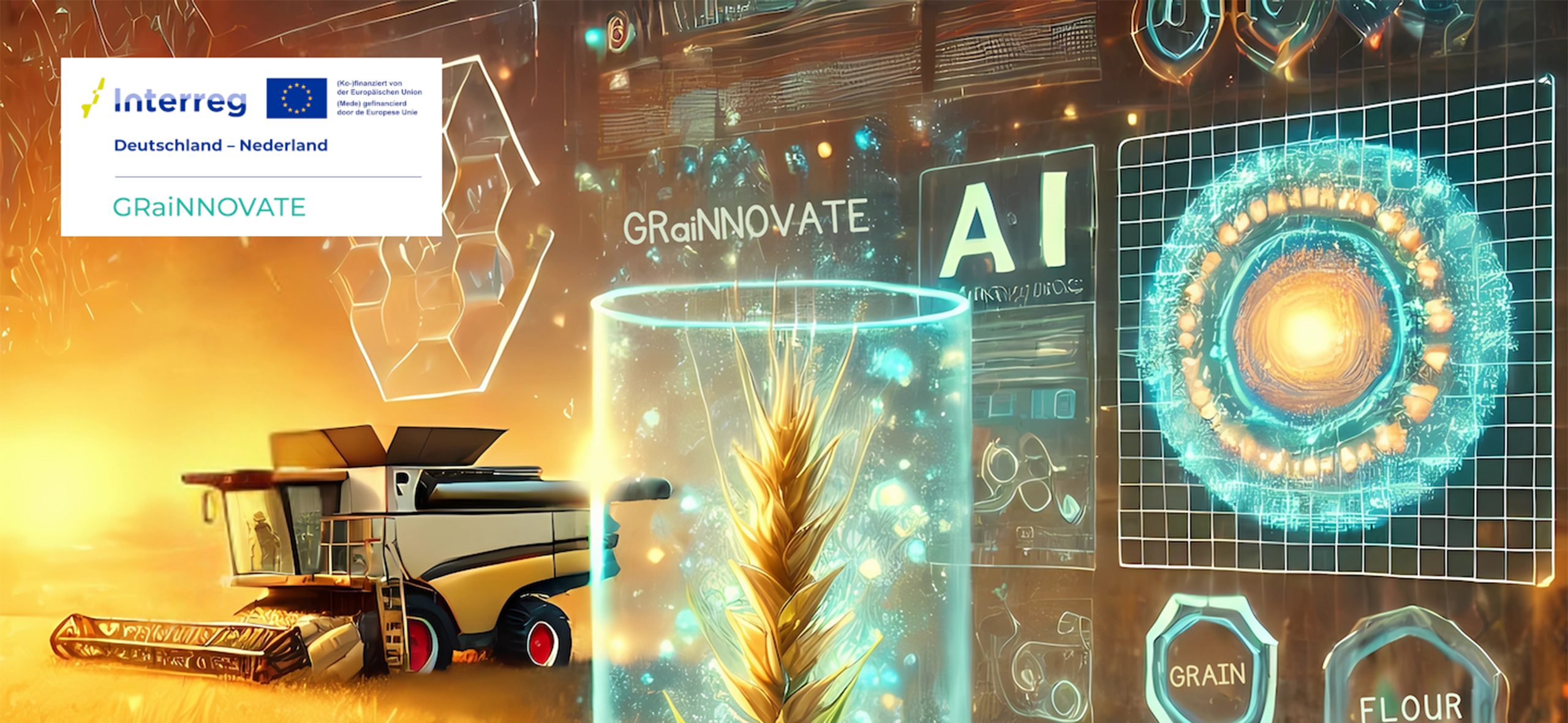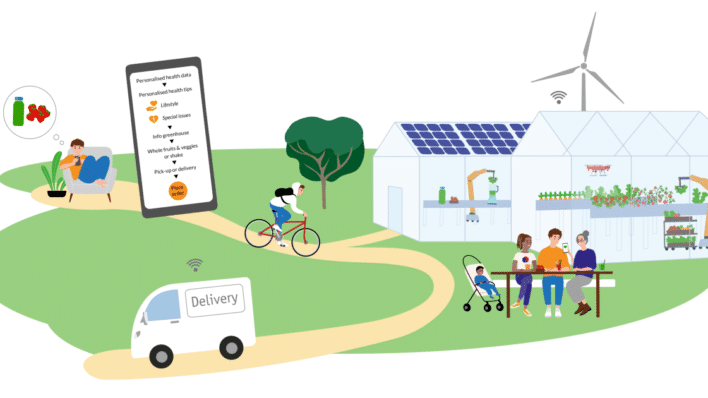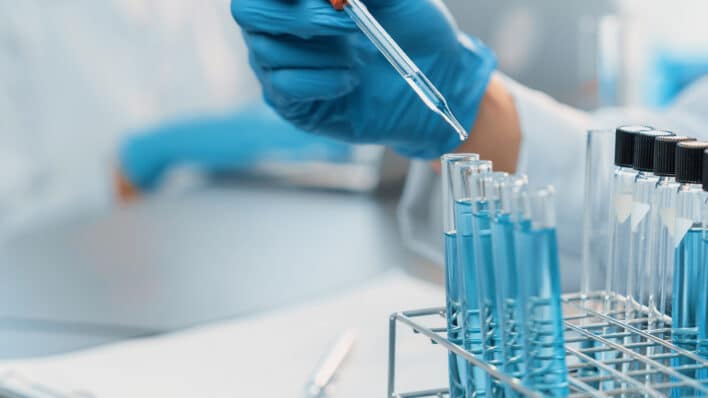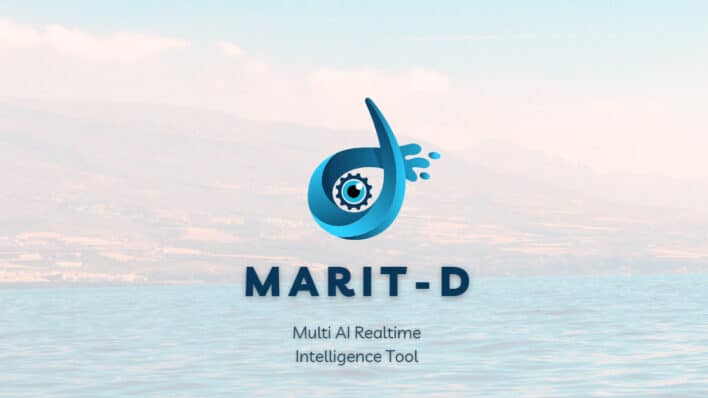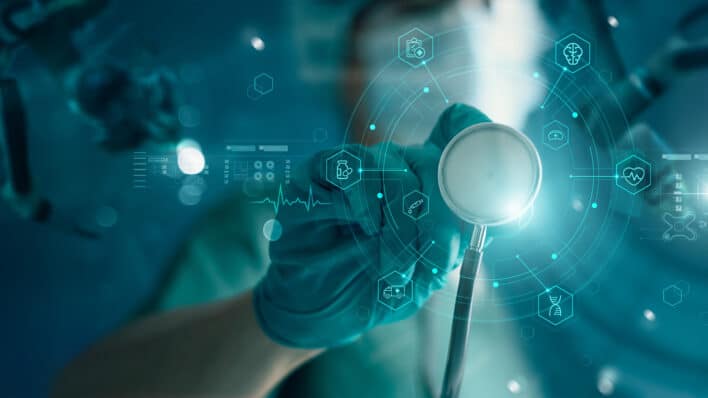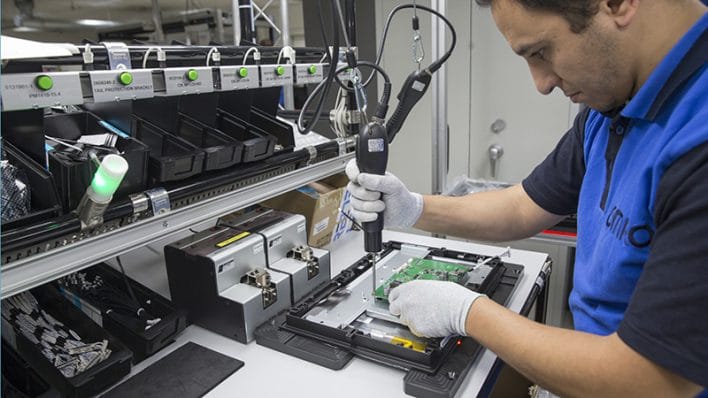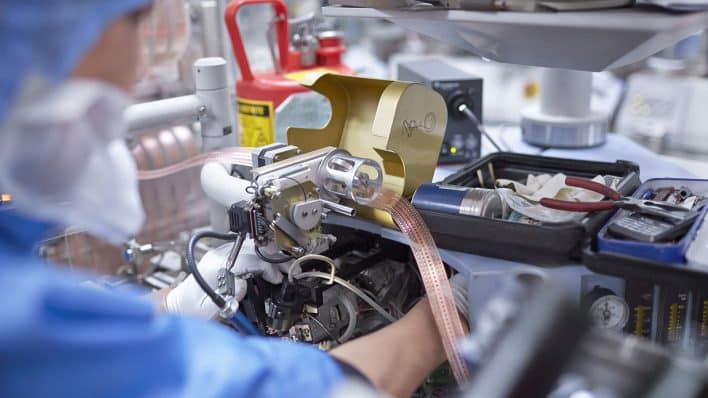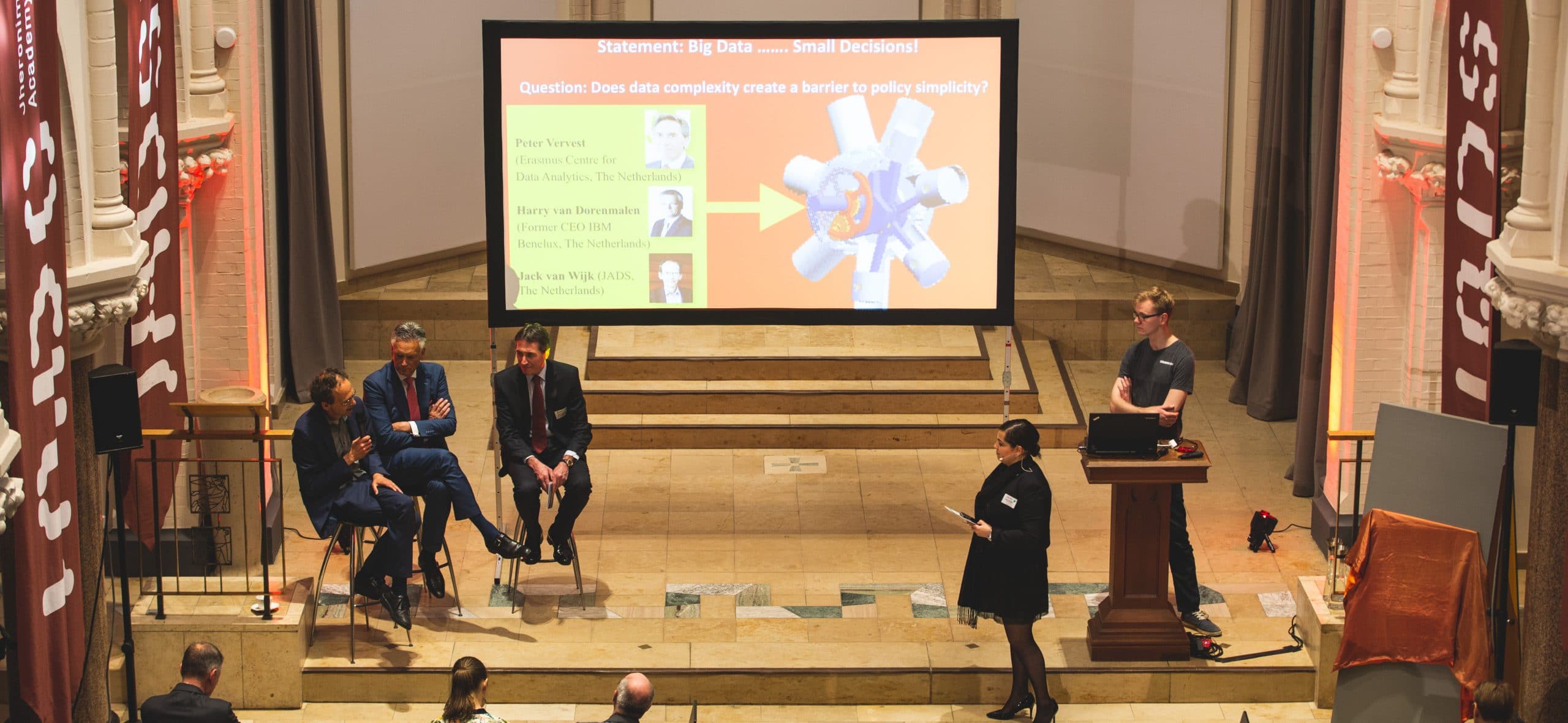
Research projects
Research projects
Researchers of JADS participate in several (international) projects, which contribute to grand societal challenges like health, food security, smart transport and secure societies. Together with companies, government, NGO’s and other knowledge institutions they work on solutions by using data. On this page you can find more information on these projects.
Current projects
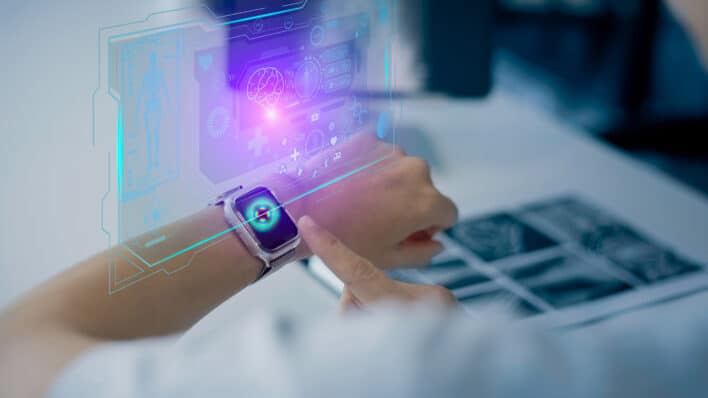
IRHIS
IRHIS aims to accelerate the upscale of remote health innovations and innovators offering AI-powered, cutting-edge sensor solutions, wearable devices, and remote monitoring solutions across three critical EU remote care areas: musculoskeletal rehabilitation, neurological disorder treatment, and critical patient conditions.
Finished projects
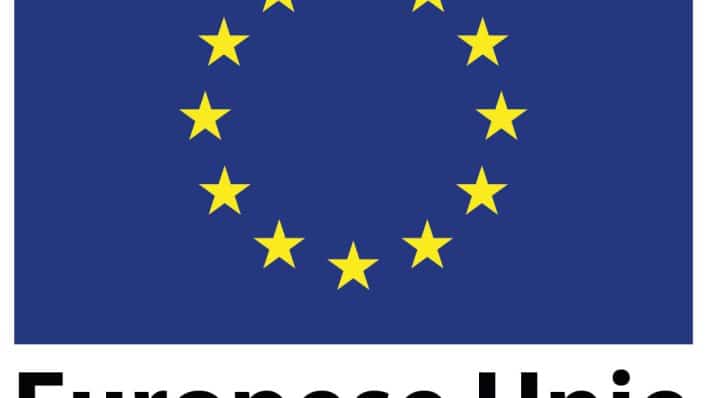
FARM-IT!
The FARM IT! project aims to foster the use of data in the agri-food sector in order to realize innovations that achieve greater precision and efficiency. These are needed for a sustainable future of the sector, both in terms of reduced environmental footprint and in terms of a long-term economic health. It focusses on closing the gap on the labor market between demand and supply for data savvy professionals.
JADS is involved in FARM IT! through a minor agri-food, e-learning, professional education, collaborations in the field of agri and food with companies ).
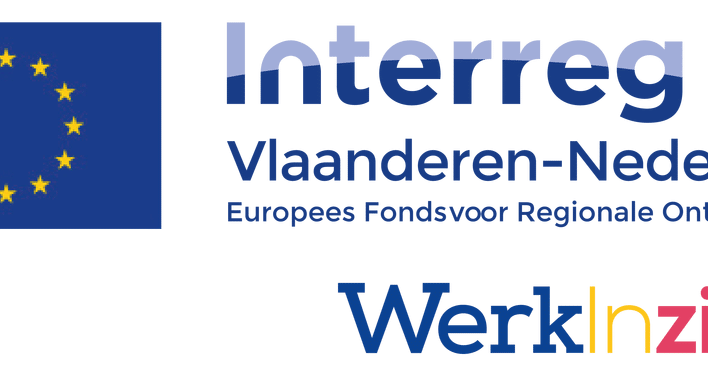
Werkinzicht
Werkinzicht aims to stimulate the cross-border mobility of job seekers in the southern region of the Netherlands and the Vlaanderen region in northern Belgium. This is achieved by offering clear information on job opportunities in both regions. In this way, supply and demand can be matched. This is done by way of innovative, user-friendly solutions based on the harmonization and visualization of data. The project is carried as a collaborative initiative by: CBS, VDAB, Brainport Network, UWV, Steunpunt Werk -KU Leuven, Jheronimus Academy of Data Science (JADS) and ZB|Planbureau.
As part of the Werkinzicht project JADS and the TU/e co-sponsored the GRC Conference on Heritage and Conservation as a dissemination and exploitation event. The conference was chosen since it coalesces many public administration and NGAs which may be interested in further exploiting project results.
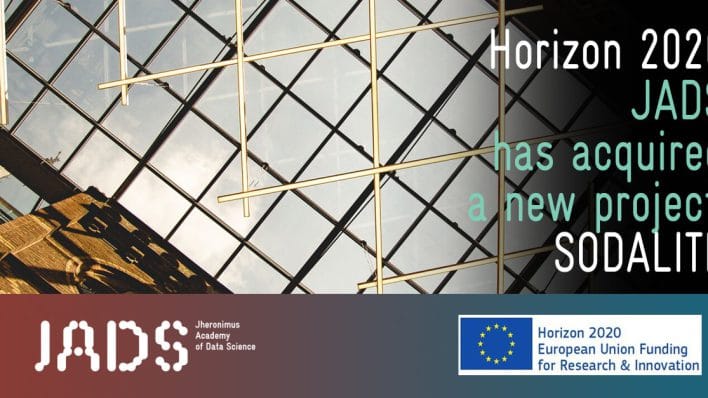
Sodalite
The next three years JADS researchers will work on increasing the simplicity, design and runtime effectiveness of pattern-based data-intensive modelling applications and software-defined infastructures in dynamic heterogeneous execution environments. This will lead into improvements regarding the manageability, collobaration and time-to-market.
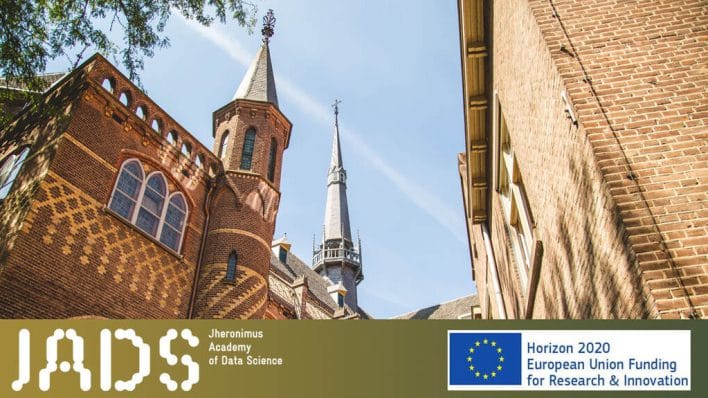
RADON
RADON aims at creating a DevOps framework to create and manage microservices-based applications that can optimally exploit serverless computing technologies. These applications will include fine-grained and independently deployable microservices that can efficiently exploit FaaS and container technologies.
The RADON framework will consist of an integrated methodology and an open source toolchain, to define, evolve, and operate event-centric applications that consume serverless functions, allowing a high-degree of reuse and automation of functions, services and associated data pipelines.
The end goal is to broaden the adoption of serverless computing technologies within the European software industry.
RADON is a project funded by the European Commission. This project has received funding from the European Union’s Horizon 2020 Research and Innovation program
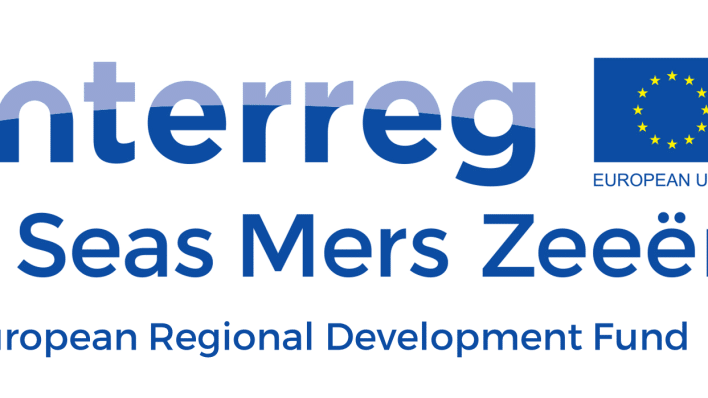
SPEED
Building an ecosystem for smart port app development in Belgium, France, the Netherlands and the UK, bridging the gap between the worlds of European ports and the nascent data science – IoT market.
Type project: Interreg 2 Seas
Project partners: Antwerp Management School (lead partner), Universiteit Antwerpen, Université de Lille, Stichting Katholieke Universiteit Brabant (JADS), University of Bournemouth, Portsmouth City Council, Nxtport, CITC-EuraRFID, Haven van Moerdijk, WSX Enterprise, Poole Harbour Commissioners, Portland Port Limited, Borough of Poole
Duration: January 01, 2019 - June 30, 2022
More information on the SPEED website

Anita
ANITA (e.g. advanced Tooling for fighting online illegal trafficking) aims at improving investigation capabilities of LEAs (Law Enforcement Agencies) by delivering a set of tools and techniques to efficiently address online illegal trafficking of counterfeit/falsified medicines, NPS, drugs, and weapons. This will support the LEAs in more effective investigation activities by using online contents and information obtained under a lawful warrant.
More information can be found on the project website.
Picture
ANITA is a project funded by the European Commission. This project has received funding from the European Union’s Horizon 2020 Research and Innovation program under Grant Agreement n°787061.
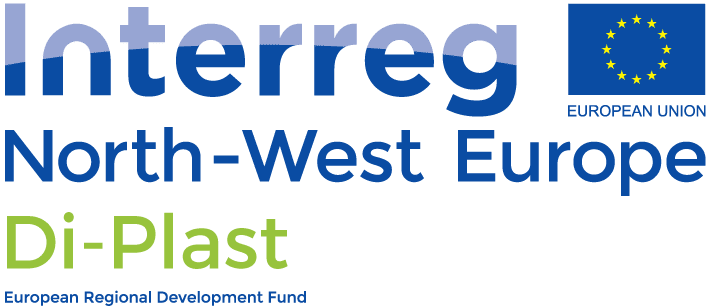
Di-Plast - Digital Circular Economy for the Plastics Industry
Use of recycled plastic material (rPM) in NWE is homogeneously low. In packaging and building, the highest plastic consuming sectors, only 8% (787kt)/18% (978kt) of plastic employed is recyclate (Plastics Europe 2016). Impeding factors are: unclear recyclate quality, unstable supply, insufficient awareness (EuPC 2017). Dependence on volatile virgin material markets & heavy burdens on the environment & human health ensue.
Di-Plast starts in DE, NL, LU and rolls out to NWE. Focus is on packaging and building B2B-supply chains secondary materials. This is advantageous as main products in both are thermoplasts (PE, PP, PS, PS-E, PVC); employed in extrusion production processes. These similarities may result in synergies between the sectors.
